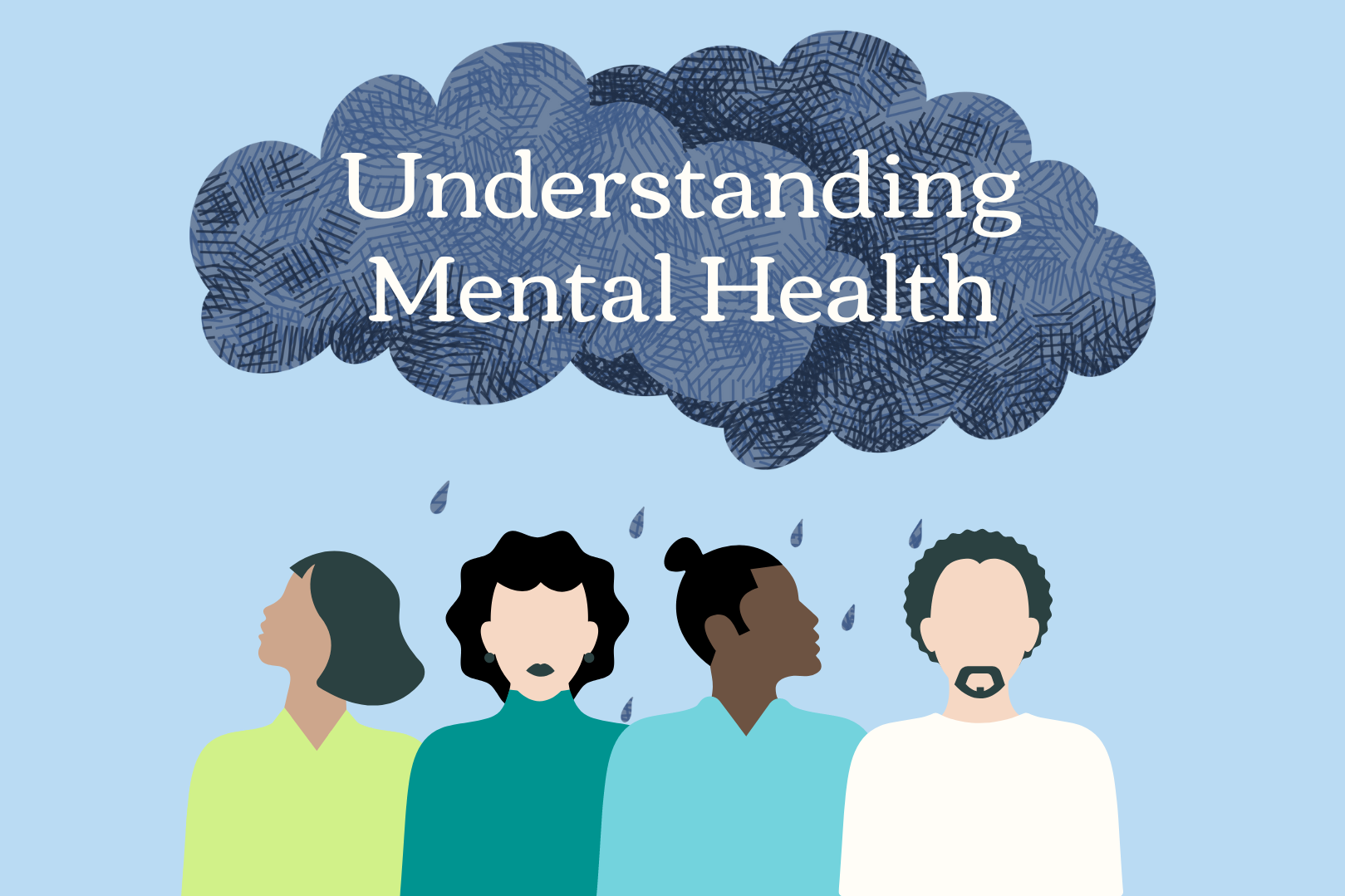I’M JUST ME
Not sure where you fit in? That’s okay. You’re in the right place. Welcome, and congratulations on taking the first, courageous step toward better mental health. If you’re here, it’s probably because you’re interested in seeking mental health support but don’t know where to start. We’ve made it easy for you.
Connect With a Therapist
If you’re ready to talk to someone about what you’re going through, click here. This doesn’t have to be a commitment – you can make a one-time appointment with a therapist just to get information.
Why Connect With A Therapist?
Making the decision to talk to a therapist is a significant step towards better mental health. On Call Hope makes this process easier and more accessible. Here are some reasons why speaking to a therapist through On Call Hope, even just once, can be beneficial:
Professional Insight
Our therapists are trained to understand human behavior, emotions, and thought processes. They can provide professional insight into your experiences and help you understand them better.
Objective Perspective
Strategies and Tools
Safe Space
No Commitment Required
Remember, it’s okay to seek help, and it’s okay to start with a one-time appointment. You’re taking a positive step towards better mental health.
Take an Assessment
We invite you to take an informal diagnostic quiz to pinpoint how you’re feeling. Getting insight into how your brain is working can help you figure out how you want to proceed.
- Anxiety Assessment
- Depression Assessment
- ADHD Assessment
- Bipolar Assessment
- Addiction Assessment
- Eating Disorder Assessment
- Psychosis & Schizophrenia Assessment
- PTSD Assessment
- Non-Suicidal Self-Harm Assessment
- Suicide Support

Why Take An Assessment?
Self-awareness
The assessment can help you gain insight into your own mental state and identify any specific issues you might be dealing with.
Clarity
Guidance
Validation
First Step
Understanding Mental Health
Common misconceptions about mental health include the belief that mental health issues are a sign of weakness, that they can be overcome with willpower alone, or that they are not as serious as physical health issues. However, it’s important to understand that mental health conditions are real, common, and treatable. Just as someone wouldn’t be expected to ‘just get over’ a physical illness, the same applies to mental health conditions.
Seeking help is a sign of strength, not weakness. It’s important to address mental health issues because they can affect every aspect of your life, including your relationships, work, and physical health.

FAQ
How much does therapy cost on On Call Hope?
At On Call Hope, accessing therapy requires a one-time payment of $40. (No – not $40 for every session. Just a one-and-done payment of $40 for unlimited therapy sessions.)
Can I do virtual sessions instead of in-person?
Do I need a referral from a doctor to see a therapist on On Call Hope?
How do I know if a therapist is right for me?
Remember, it’s okay to seek help, and it’s okay to ask questions. You’re taking a positive step towards better mental health.
Let’s Talk
It’s okay not to be okay. You’ve got this, and we’ve got you. Click here to talk to a specialist.
